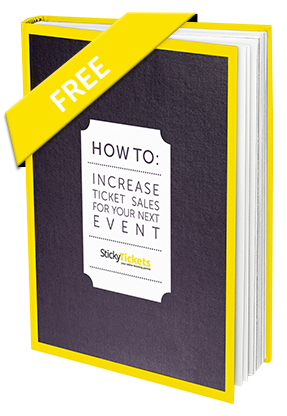Creating an Event Budget

Although this may not be the most appealing thing to do when starting the planning process for your event, creating an event budget is essential. You need to know what the costs will be for your event before you can set the ticket price, and project revenue. If you do not have fancy software, a simple spreadsheet is fine!
The good news is that if you run many events, you can often use this same template and many of the costs to make the next budget easier.
Here are some tips on creating a budget to help make your event a success.
- Firstly, decide what you want to achieve with this event. Is there something in particular you want attendees to remember? Maybe the food, the technology? This will help you decide on where to focus more costs.
- Break down your event into major categories that will each incur a cost, and try to leave nothing out, no matter how small. Examples to include are venue, marketing costs, photographer, staff, gifts for attendees, activities, food and beverage, extra Wi-Fi, and lots more….
- Now break each category down further to be as specific as possible. For example, you don’t want to combine food and beverage as you may need to make adjustments as you go, and this might mean changing part of the food but keeping the beverages the same, or vice versa.

- Create a description for each entry and an amount. This way someone else reading or approving the budget or even just looking back at it later for reference will understand exactly what each cost is. Also, by including quantities, it allows for movement in the budget if needed, by adjusting more or less in a particular section to stay within budget. Also list the budgeted costs, as well as the actual costs.
- You can initially estimate your costs by researching certain items until you can get definite costs from suppliers. You can do this by looking back at previous events, or asking suppliers for a general cost, as well as what is included. When you make the decision on suppliers, it’s not a good idea to just choose the lowest cost- how these vendors respond to you will tell you a lot about how easy it will be to deal with them in the future.
- Always important- your emergency fund! You can set aside anything between 10-20% of your budget to account for all sorts of incidentals that may (and probably will) arise before, during or after the event.
Having a successful event is all about preparation. Take the time now to create a proper budget and it will serve you well and save time for future events!



